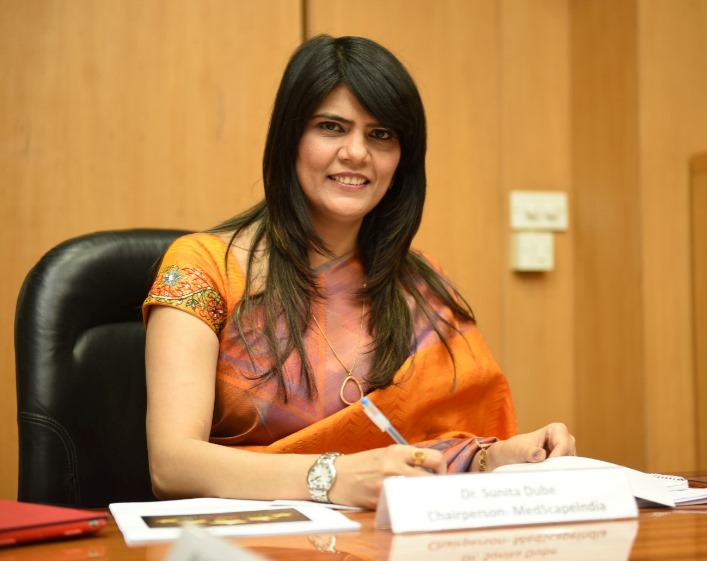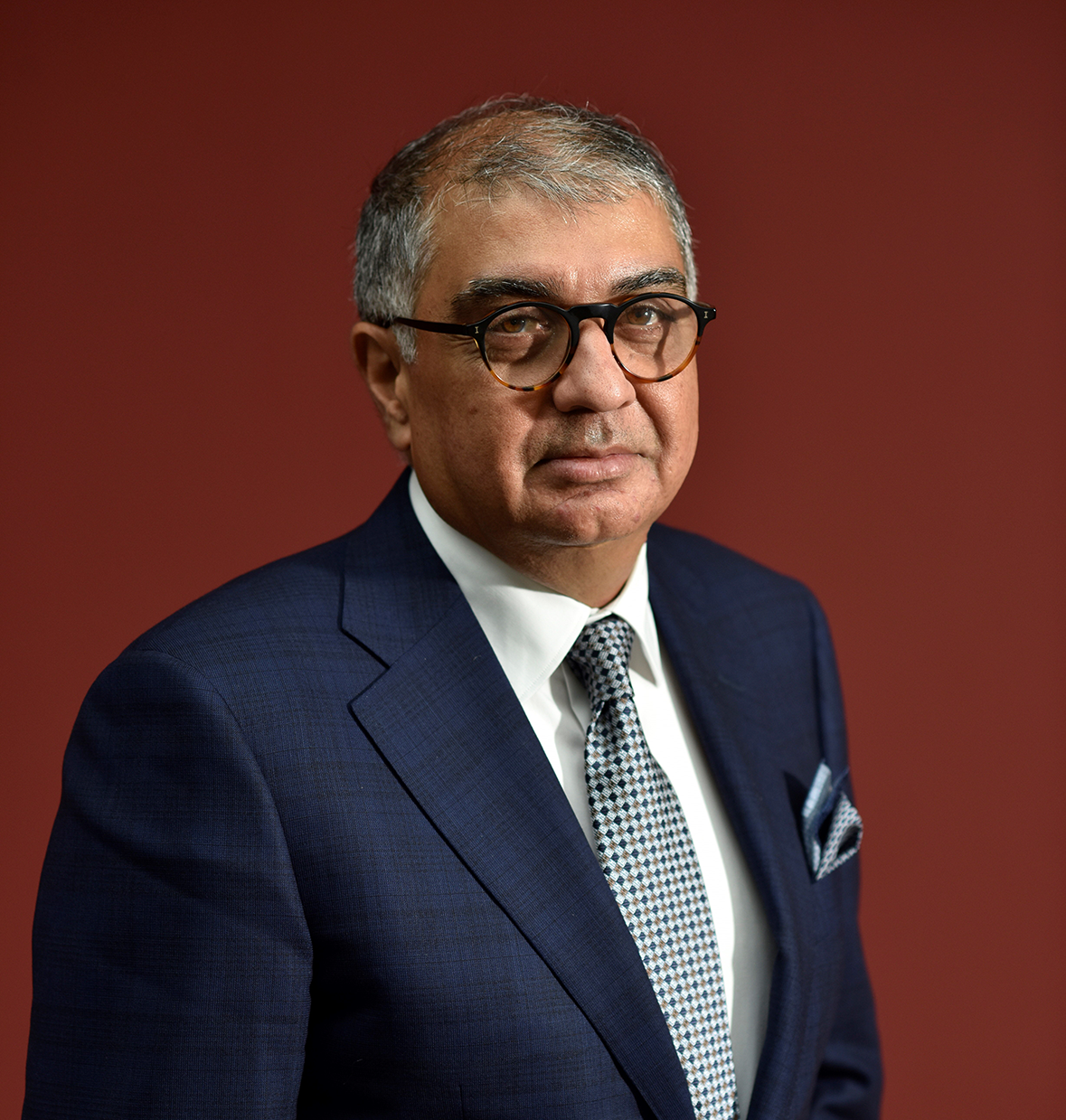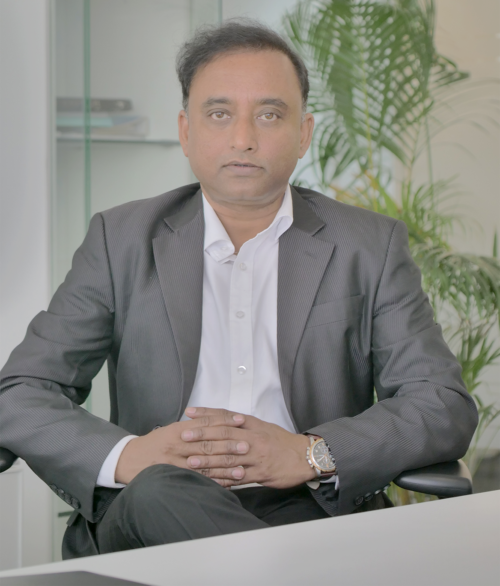Medgate Today: Exclusive interview with Founder and CEO of Fibroheal Woundcare, Mr. Vivek Mishra
Mr. Vivek Mishra, Founder and CEO of Fibroheal Woundcare Pvt. Ltd, it is a biotech startup working exclusively on “Silk Proteins” as “Biomaterial for Wound Healing”. They are one of the few companies working across the
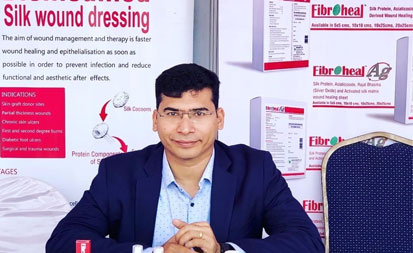
Mr. Vivek Mishra, Founder and CEO of Fibroheal Woundcare Pvt. Ltd, it is a biotech startup working exclusively on “Silk Proteins” as “Biomaterial for Wound Healing”. They are one of the few companies working across the globe on this versatile biomaterial called Silk Protein.
Please let us know about your initiative as ‘Fibroheal’?
Fibroheal is a R&D driven startup working on leveraging the non-textile biomaterial application of silk and silk proteins to develop innovative, cost-effective, and easily accessible products for patients suffering from acute and chronic wounds. We aspire to be the most comprehensive company from India catering to different stages of wound healing. Fibroheal aspires to be one of the most comprehensive wound care Indian companies catering to the entire wound care continuum. We want to set a perfect example of “Being Local Going Global”. This is in line with our prime ministers’ vision of “Vocal for Local” & “Atmanirbhar Bharat”.
Silk in India holds a unique place in our hearts but never before has it been used in the treatment of wounds. This is a segment that largely goes unnoticed until it turns into something serious. Fibroheal, a Bengaluru-based startup uses silk in creating products that directly aid in the treatment of different kinds of wounds. Silk is one of the oldest fibers known to man, it has a history as the richest fabric itself! There are silk sarees that are more than 100 years old and are used for many generations even today; which highlight its excellent fabric and material property.
What were the rationales behind your career move?
There is a large need gap, which exists in how wounds are treated in India, and 85 % of products are imported or mostly traditional dressings (Paraffin Gauze) are used. Silk is a versatile material and a perfect biomaterial that is non-allergenic and non-cytotoxic and has scaffold properties. India is 2nd largest producer of Silk and due to its availability in abundance and its economic multiplier potential along with biomaterial and wound healing property, we felt that Silk has the potential to address this sector and that’s how Fibroheal started. We saw the economic multiplier potential of Silk – farmers, hospitals, and patients. All this put together guided us on our path to develop a product that can have a huge economic impact and can bring down imports significantly. Its product performance is much superior to the existing imported and marketed products while being cost-effective.
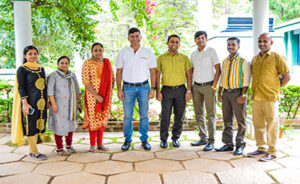
What were the early challenges you faced with the start-up?
Like every startup, Fibroheal faced several challenges in the offset of their firm and how they decided to overcome these challenges. These challenges are:
- Funding: Started the operations in 2017 with internal investment. Later raised money in small angel investments, government grants (ITBT Dept Govt of Karnataka, CCAMP – Centre for cellular and molecular platforms, Bangalore Bioinnovation Centre collaboration) and generated more revenues from sales.
- Right Hiring: Finding the right talent for the startup was a difficult task, and we are glad that we have a good team.
- Regulatory Clarity: Hired professionals to guide and help the firm in getting regulatory clearance.
- Maintaining liquidity in the company: With a commitment and experience, the sales team has excellent hospital and distribution networks to operate at ground level.
- Research and Technical Guidance: We collaborated with institutions like IISc- Bangalore for technical support and guidance for research and development and Department HOD’s of few reputed institutions as Medical advisors, mentors, and KOL’s guide us on market need, products, and its performance.
Fibroheal is among the few companies that deal with Silk Proteins as “Biomaterial for Wound Healing”, what is the global importance of the product?
Fibroheal is the first company from India to commercialize a product and bearing flagship of utilising silk to heal acute and chronic wounds. We are one among few in the whole world to do so and that’s a prestigious thing. Globally, the wound management market is about 30 Billion USD and growing rapidly. Mostly, Multinationals operate in this space and only a few handful of research-driven companies are operating in this space. Silk operates in the category of active wound dressing where it participates actively to act as a scaffold and ensure the wound heals faster quickly besides its huge economic multiplier potential. This will also give a concept where an Indian research product will be widely used across the world for healing different types of wounds. We are in the process of getting CE approval for our product range. Post CE certification, we are planning to expand our business and explore the international market including developing and developed countries.
What is a key tool that is important for the successful growth of an organization?
- Focussed approach and stable management team
- Revisiting the purpose and keep correcting in the process keeping customers interest paramount
- Bring good team members, be transparent and honest, give them growth opportunities and responsibilities. People key
- Keep improving product, service, approach, and solve genuine problems.
- Never give up and be prudent while maintaining a positive approach.
How do you stay updated with continued advancement in the healthcare sector?
I am an avid reader and part of various startup groups to keep myself updated with continuing advancement in the healthcare sector. I read Medgate Today, Express Healthcare, and many more.
The value proposition offered by Fibroheal :
1. The indigenously developed solution for wound healing (Natural biomaterial, bio-compatible and safe)
2. Aids faster healing & wound closure
3. Significant reduction in the cost of treatment for patients
4. Offers Scar reduction while participating in active healing
5. Faster turn-around rates and the decreased load on hospitals
6. Improves the quality of life of people post healing
7. Affordable and easily accessible



